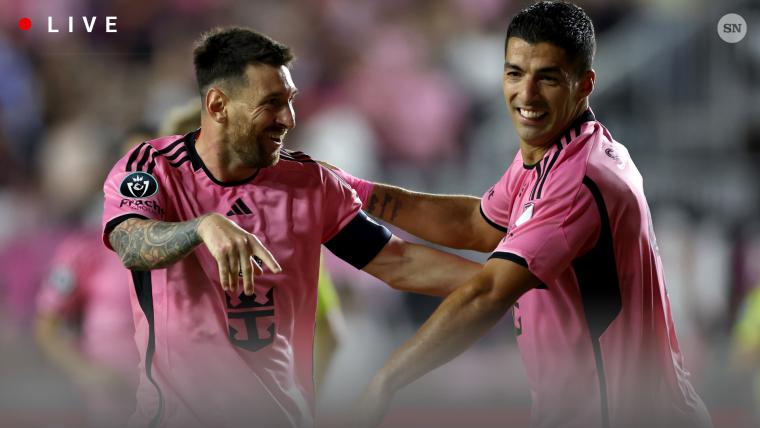Employment contracts for youth football players

The employment contract for youth football players is an important document signed by the club and the players, which aims to regulate the rights and responsibilities of both parties. The contract contains many key terms, and several aspects will be discussed in detail below.
The employment contract clearly stipulates the basic information and personal rights and interests of the players. Basic information such as the player's name, age, and ID number must be clarified in the contract to ensure correct communication between the two parties. In addition, the contract also stipulates measures to protect the rights and interests of players, such as the allocation of training facilities, medical security and living benefits.
The employment contract clarifies the responsibilities and obligations of the player and the club. The contract must stipulate that players must abide by the training plan and regulations, strictly abide by discipline, actively participate in competitions, and perform at an excellent competitive level. At the same time, it must be agreed that players need to maintain the image and reputation of the club and cannot participate in activities that are contrary to the interests of the club.
Termination clauses in employment contracts are very important. The termination clause mainly stipulates the conditions and procedures for both parties to suspend cooperation. For example, if a player violates regulations or fails to achieve the goals set by the club during the contract period, the club has the right to terminate the contract and hold him legally liable; on the contrary, if the club is unable to continue to pay the player's salary due to financial reasons, the player also has the right to terminate the contract and claim compensation.
The employment contract must also indicate the dispute resolution method and agreement between the two parties. In a contract, it may be agreed to resolve disputes through consultation, mediation or arbitration to reduce the occurrence of disputes. In addition, applicable laws and jurisdiction of courts can also be agreed upon to ensure fair and legal resolution of disputes.
RELATED STORIES






LATEST NEWS







